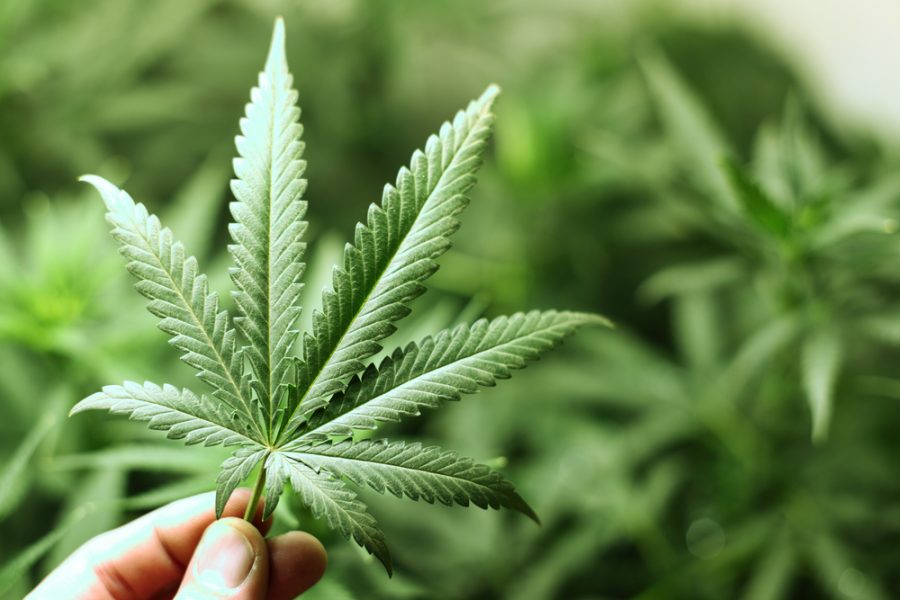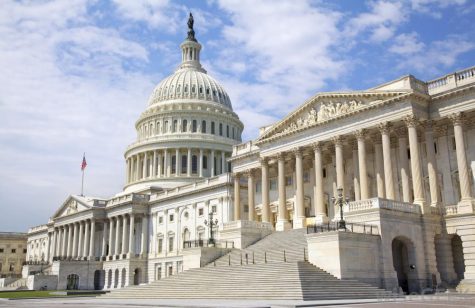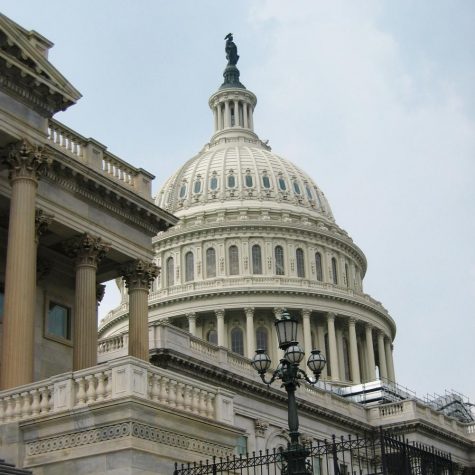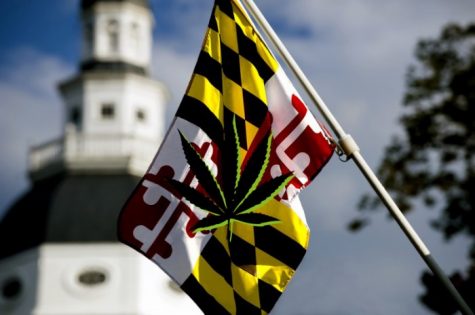Employers in Maine can no longer refuse hiring employees who consume cannabis
Maine now prohibits employers from refusing to hire anyone aged 21 or older for consumes cannabis during their off time.
The state’s Department of Labor has also removed cannabis from its list of substances employers can test their applicants for.
On February 1, Maine became the first state to lawfully prohibit employers from discriminating against individuals who consume cannabis products.
Though the law will protect workers after hours of their shift, it will penalize those who consume any form of cannabis during their shift. A positive test result, however, won’t be enough to determine the use of cannabis, according to a Maine Department of Labor spokesperson.
The United States states’ attitude has become more tolerant towards cannabis use with at least eight states having legalized cannabis for social adult use and 21 states with legalized medical cannabis. Maine, however, will be the first state to protect its workers from being drug tested and refused employment for cannabis use during their off time.
While Maine is among those states to have legalized social cannabis use, Gov. Paul LePage recently vetoed any measures to regulate and tax cannabis sales in the state. This will prevent individuals from purchasing the plant at dispensaries, but not consuming it in a private setting.
LePage claims he vetoed the legislation to prevent cannabis vendors from becoming targets of the possible invasion from the federal government, since cannabis is still illegal on the federal level.
The anti-discrimination provisions of the Act in Maine prohibit employers from refusing to employ or otherwise penalizing any person age 21 or older based on that person’s “consuming marijuana outside the … employer’s … property.” However, regardless of where cannabis is consumed, the Act allows employers to prohibit the use and possession of cannabis and cannabis products “in the workplace” and to “discipline employees who are under the influence of marijuana in the workplace,” the employment law firm states.












